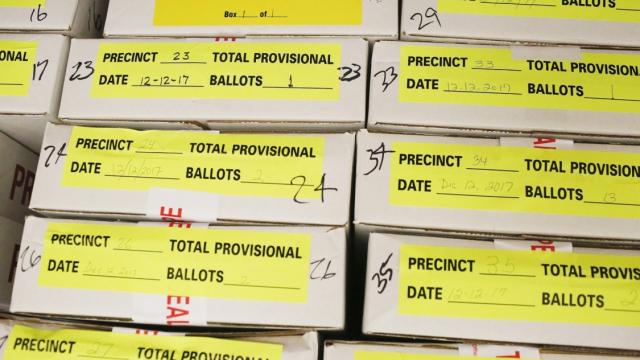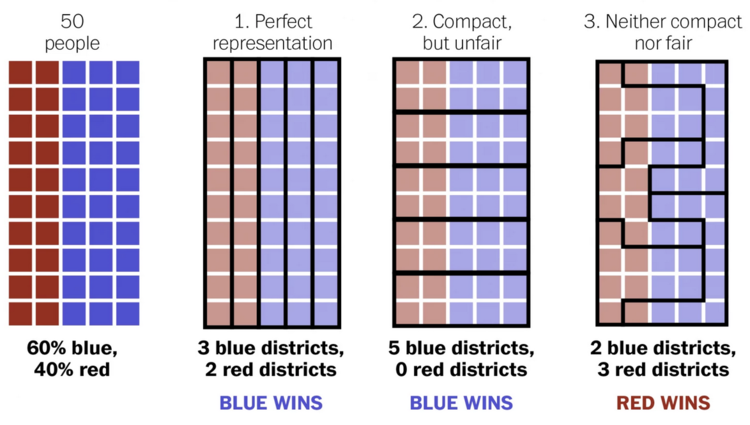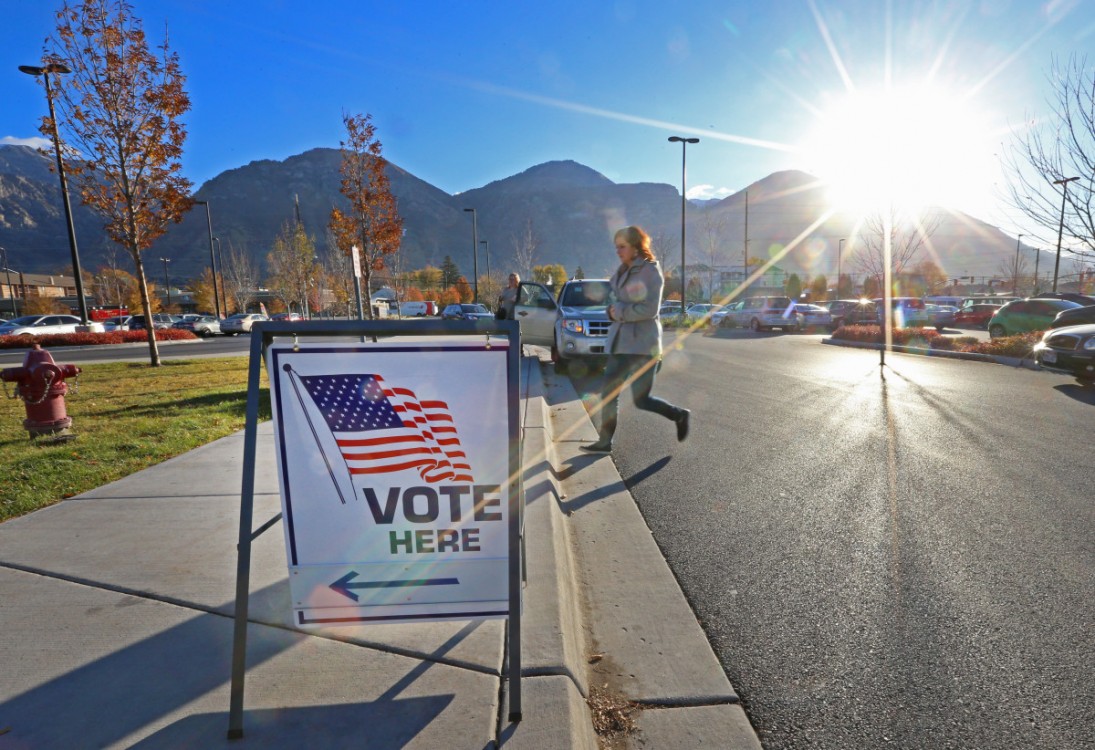
Voters in four states – Michigan, Utah, Missouri and Colorado – all approved ballot measures preventing state legislatures from gerrymandering districts in favor of one political party, signaling a growing movement determined to restore fairness to the ballot box.
As of a late vote count last week, Utah narrowly became the fourth state to pass a ballot measure ending gerrymandering. Ohio also passed a ballot measure earlier this year restricting gerrymandering.
Gerrymandering goes back to the early 19th century when Massachusetts Governor Eldrige Gerry signed into law a bill that redrew Massachusetts voting districts to benefit his party, the Democratic-Republicans. Gerrymandering has infamously been used over the decades to disenfranchise African-Americans and other racial minorities.
However, it has become an even more significant partisan issue since 2010, when Republicans made big gains in the midterms and turned the census year redistricting process into a zero sum game – redrawing districts everywhere to the benefit of Republicans.
This was overwhelmingly evident in Wisconsin where, in 2012, Republicans won 60 of the 99 seats in the Wisconsin Assembly despite winning only 48.6 percent of the statewide vote. In 2014 in the state, Republicans had won 63 seats while capturing just 52 percent of the vote.
The Supreme Court was scheduled to hear a case this summer involving the constitutionality of Wisconsin’s gerrymandered districts, but remanded the case to the district level.
The Republican controlled legislature in Pennsylvania did something similar. In Pennsylvania, though, the state Supreme Court overturned the redistricting law in January and the U.S. Supreme Court declined to hear an appeal. In the midterms, Democrats flipped four House seats in the Keystone State, while Republicans flipped one.
Gerrymandering is not limited to Republicans. The Democrat-controlled Maryland legislature has been accused of using its advantage to redraw maps in their favor in the past. As a result, non-partisan watchdog groups like the Brennan Center for Justice issued a report on the effects of recent gerrymandering.
“Regardless of the 2018 midterms’ outcome, this report’s findings serve as a wake-up call: Courts must act to rein in extreme partisan gerrymandering or 2021’s redistricting will see even more unresponsive, durable, and undemocratic congressional maps,” the Brennan Center reported.
The anti-gerrymandering ballot measures approved this year do something important: They create independent commissions. The eligible members and the powers of the commissions vary by state, but common to them all is a system intended to prevent one political party from controlling the committee.
The Founding Fathers' fear of government working to diminish the right to vote is seen in some of the earliest writings in the country. In Federalist Papers 52, which addresses the House of Representatives, James Madison with Alexander Hamilton state: “The definition of the right of suffrage is very justly regarded as a fundamental article of republican government. It was incumbent on the convention, therefore, to define and establish this right in the Constitution…….To have submitted it to the legislative discretion of the States, would have been improper.”
The recently passed ballot measures are an attempt to uphold this tradition. Non-partisan organizations in three states – Oklahoma, Arkansas and Virginia – are meanwhile pushing similar measures for approval before the next round of redistricting takes place in 2021.













